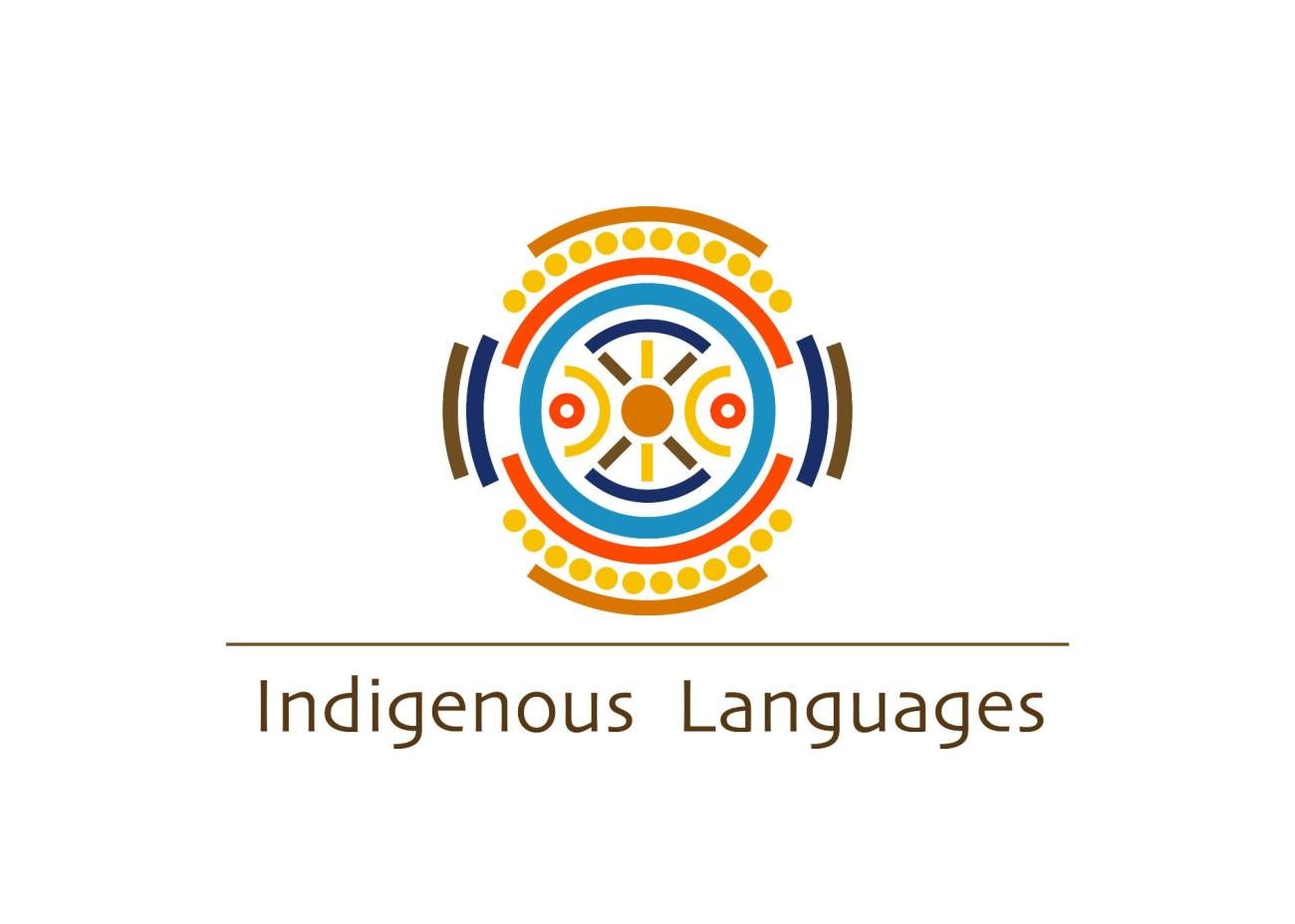
From Around the O. Editor's note: Gabriela Pérez Báez is a CSWS faculty affiliate. — UO associate professor of linguistics Gabriela Pérez Báez has helped launch the first international, open access, multilingual journal entirely dedicated to the revitalization and sustainability of Indigenous and minoritized languages.
As founding chief editor of the electronic journal Living Languages - Lenguas Vivas - Línguas Vivas, Pérez Báez has brought the University of Oregon to the forefront of academic institutions supporting the world’s linguistic diversity.
“The UO has a confluence of experts in revitalization of various kinds, and being in the vicinity with these revitalization practitioners has been very stimulating,” Pérez Báez said. “We have proximity to diversity of Native communities and the language awakening revitalization being done, and there’s still work that we can do to recognize and be inclusive of all these perspectives. Recognizing the importance and the value of a diversity of perspectives has been my key takeaway from this experience.”
She worked alongside Luiz Amaral at University of Massachusetts Amherst to put the journal together.
Feb. 21 was International Mother Language Day, which has been celebrated since 2000. And this year marks the first year of the International Indigenous Languages Decade, which will run from 2022 to 2032, as called for by the United Nations. Living Languages was launched in celebration of the decade designation, with the goal of promoting scholarly work and experience-sharing in the field of language revitalization.
“As many of us in Living Languages are Latin American, we do feel the pressure of English taking over the academic publication venues, and we find ourselves often having to publish in English about languages that are spoken in Latin America,” Pérez Báez said. “By doing so, we’re working against the fair dissemination of information to the very members of the communities we are writing about. So we wanted to make sure we could publish in a variety of languages.”
Pérez Báez said the primary focus is on bringing together language revitalization practitioners from a diversity of backgrounds, whether they’re steeped in academia or not, within a peer-reviewed publication medium that’s inclusive of a diversity of perspectives and forms of expression. The idea for the journal stemmed from conversations at language revitalization conferences Pérez Báez attended before the pandemic.
After Amaral contacted her about developing a similar project, they worked on a concept for the Living Languages journal.
“It was important that the journal was not just for academics. We didn’t want our peer review process to only be on the basis of academic canon,” Pérez Báez said. “The chronicle is where we think a greater diversity of contributors will want to publish in, because this is where other revitalization practitioners from the same region or community can be part of that peer review process, so that it’s more about culturally responsible accountability than anything else.”
The journal’s first volume is now live, and can be downloaded in the languages Kaingang and Chikashshanompa’ in addition to Portuguese, Spanish and English. The journal itself is open source, meaning all content is freely available without charge to users. Pérez Báez said the journal is already being used by UO students in the linguistics department, offering them a platform to learn more about different languages.
“Living Languages is designed to be as inclusive as possible,” Pérez Báez said. “We hope that the way we’ve conceived the journal will invite all of these voices so that these experiences can be shared around the world, because that helps us all learn how to be active in sustaining linguistic diversity around the world.”
Watch the recorded Living Language launch celebration on YouTube.
—By Victoria Sanchez, College of Arts and Sciences

